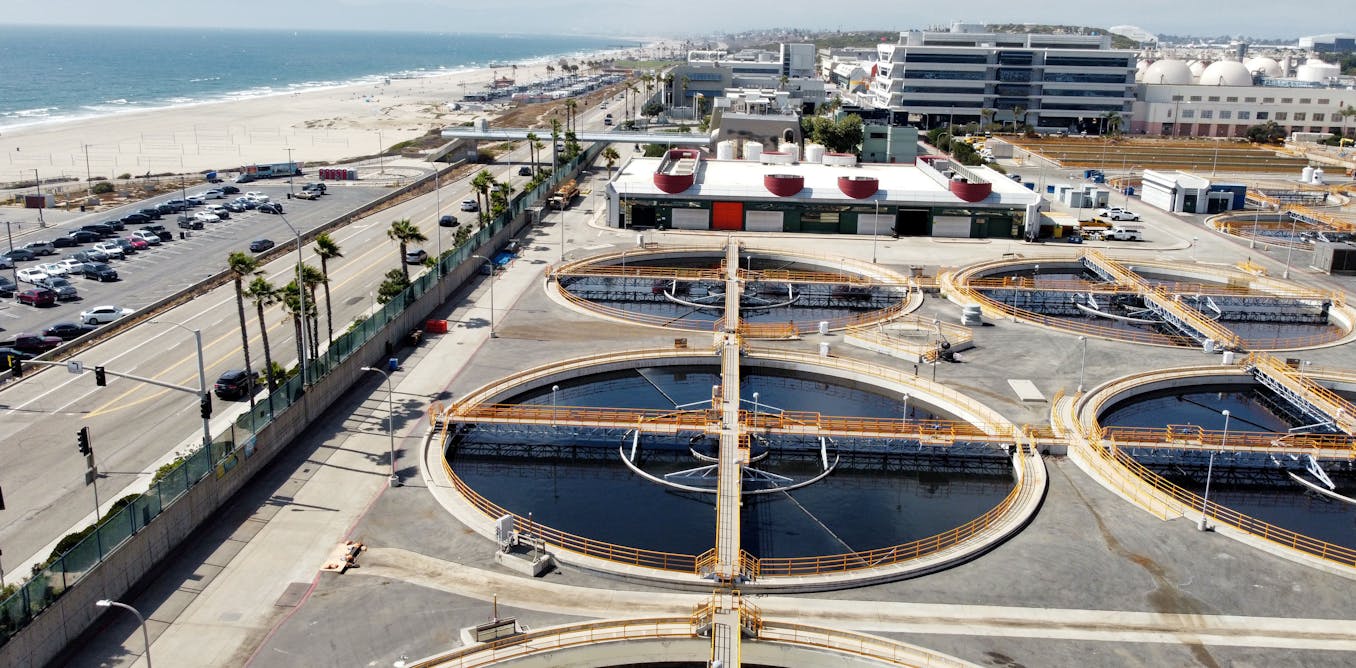Already positioned at the center of the global semiconductor industry, Taiwan now wants to make itself a hub for innovation in advanced artificial intelligence. The island nation’s new leadership, in place since May 2024, has taken a number of steps to help the country take better advantage of the AI that its chips enable.
The fruits of the effort are starting to show. Electronics manufacturing giant Foxconn is building the country’s biggest AI supercomputer ever, using Nvidia’s latest chips. But Taiwan’s AI effort hinges on it finding enough skilled workers to do the job.
The island nation is confronting some pressing challenges—a declining birth rate of approximately 5.81 births per 1,000 people, an aging population, and rising geopolitical tensions in the Indo-Pacific. So leveraging AI for economic growth and sustainability has become increasingly vital, according to vice president Bi-khim Hsiao.
“AI can help us develop new solutions more quickly and efficiently, becoming another key engine for economic growth,” Hsiao said at an AI and sustainability forum in July.
President Lai Ching-te’s government is rolling out new measures designed to build robust infrastructure, promote AI adoption across various sectors, invest in data centers, establish supercomputers, and advance Taiwan’s control over its own AI systems.
It’s part of a strategic plan Lai’s Cabinet approved to strengthen its “Five Trusted Industry Sectors”: semiconductors, artificial intelligence (AI), defense, security, and next-generation communications. In the AI sector, Taiwan aims to leverage its hardware industry to drive growth in high-value AI applications‑targeting an output of over NT$1 trillion (US$31 billion) by 2026, from the current approximately NT$800 billion dollars, and train 200,000 AI and related professionals over the next four years.
To support these ambitions, the country will enhance the National Development Fund’s investments in AI-related companies and collaborate with the Ministry of Digital Affairs on a NT$10 billion initiative focused on the AI industry.
Furthermore, Taiwan is bolstering its technological infrastructure by improving computing power and developing energy-efficient data centers. Foxconn’s future supercomputer is an example. The system, which should be capable of 90 billion operations per second (90 exaflops), will be powered by 6,902 of Nvidia’s new GB200 (Grace-Blackwell) CPUs and GPUs.
Meanwhile, the government is also actively pursuing international partnerships while inviting U.S. AI startups to set up operations in Taiwan.
Workforce Issues
Taiwan’s small, 23.4 million population, its aging demographic, and its low birth rate make achieving its AI goals difficult. In a Cabinet meeting last month, Premier Cho Jung-tai underscored the necessity cultivating domestic expertise while attracting international professionals.
Although not exclusive to AI workers, Taiwan’s National Development Council (NDC)…
Read full article: AI in Taiwan: Nation’s Goals Will Need More Tech Talent

The post “AI in Taiwan: Nation’s Goals Will Need More Tech Talent” by Yu-Tzu Chiu was published on 10/09/2024 by spectrum.ieee.org




































Leave a Reply